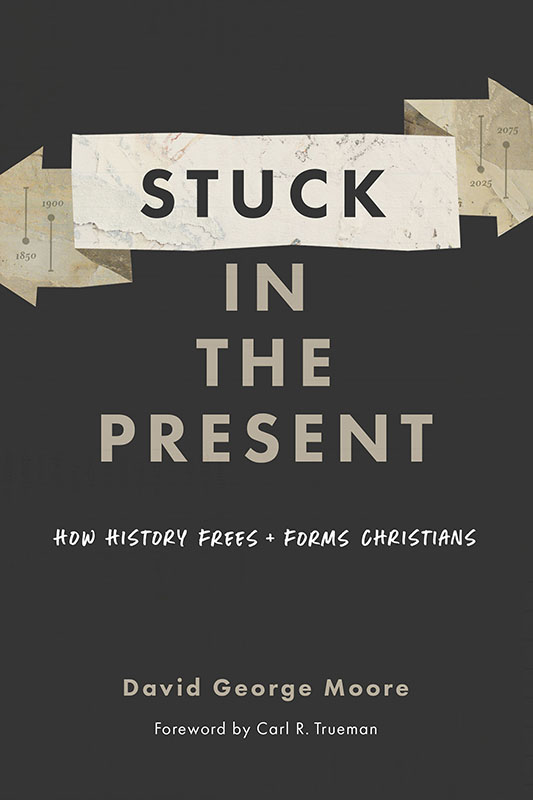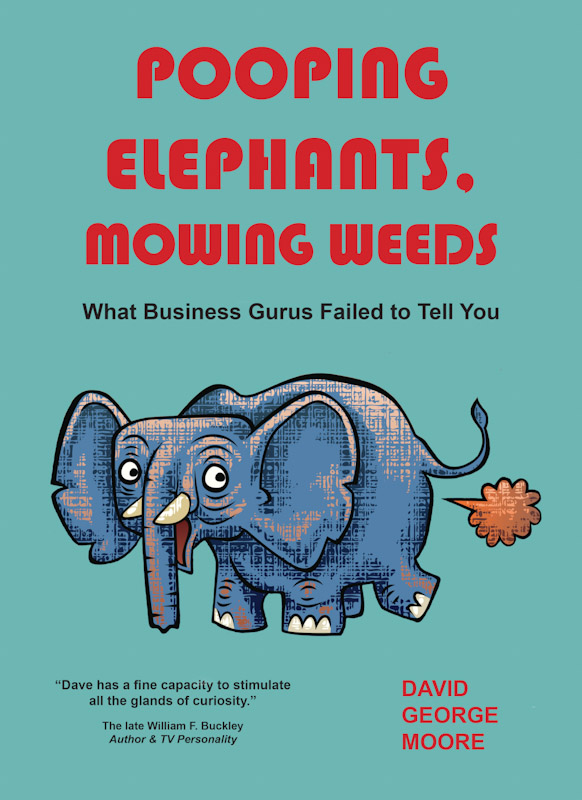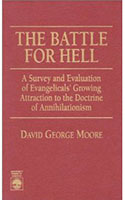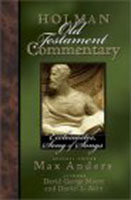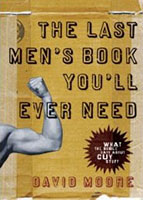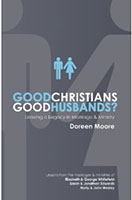It is near the time of the year when I offer my top reads.
Since I will be regularly posting about great books and the writing process, I encourage you to subscribe to my YouTube channel if you have not already.
Go to: https://www.youtube.com/@MOOREENGAGING
A dear friend asked for my earlier than usual list of best books. It does make sense to send these now since some of you do early shopping. Here are the ones that proved to be the best reads of these first ten months:
Cicero, How to Grow Old
How to Grow Old: Ancient Wisdom for the Second Half of Life (Ancient Wisdom for Modern Readers): Cicero, Marcus Tullius, Freeman, Philip, Freeman, Philip: 9780691167701: Amazon.com: Books
Cicero, How to be a Friend
How to Be a Friend: An Ancient Guide to True Friendship (Ancient Wisdom for Modern Readers): Cicero, Marcus Tullius, Freeman, Philip, Freeman, Philip: 9780691177199: Amazon.com: Books
These two by Cicero are in a series by Princeton University Press. Beautiful hardbacks and inexpensive. The translations are modernized, but elegant.
Wilson, Remaking the World
Remaking the World: How 1776 Created the Post-Christian West: Wilson, Andrew: 9781433580536: Amazon.com: Books
The hype about Andrew’s book is warranted. My interview with the author:
Talking with Andrew Wilson About “Remaking the World” (mereorthodoxy.com)
Prior, The Evangelical Imagination
The Evangelical Imagination: How Stories, Images, and Metaphors Created a Culture in Crisis: Swallow Prior, Karen: 9781587435751: Amazon.com: Books
My interview with the author:
Karen Swallow Prior on the Evangelical Imagination (mereorthodoxy.com)
Rauch, The Constitution of Knowledge
The Constitution of Knowledge: A Defense of Truth: Rauch, Jonathan: 9780815738862: Amazon.com: Books
I have disagreements with the author on what can and can’t be “known,” but it is a brilliant and important book.
Gross, The Minutemen and Their World
Minutemen and Their World (Revised and Expanded Edition): Gross, Robert A: 9781250822949: Amazon.com: Books
My interview with the author:
The Minutemen and Their World – Mere Orthodoxy | Christianity, Politics, and Culture
Scrivener, The Air We Breathe
The Air We Breathe: How We All Came to Believe in Freedom, Kindness, Progress, and Equality (Discover the Christian roots of the values we prize in western society): Glen Scrivener: 9781784987497: Amazon.com: Books
I have read many books on apologetics and how best to engage the culture. I have read and, in some cases, reread classic works by Augustine, Pascal, Chesterton, and Lewis. Contemporary folks like Keller, both of the two big books by Charles Taylor, Sire, Guinness, Schaeffer, Pearcey, and Moreland have been very helpful. You get the picture. All these have been terrific, but the book that now tops my list is Glen Scrivener’s book, The Air We Breathe.
In relatively short compass Scrivener winsomely, wisely, and wonderfully showcases that we do as Flannery O’Connor said, live in a Christ-haunted world. (She said a Christ-haunted south, but I am expanding on her words.)
If you are looking for a well-written and compelling resource that makes it crystal clear that many of the things we love and take for granted like freedom are a result of Christianity, then this book is for you. If you are not looking for a resource like this, you should be!
Guelzo, Fateful Lightning: A New History of the Civil War and Reconstruction
Amazon.com: Fateful Lightning: A New History of the Civil War and Reconstruction: 9780199843282: Guelzo, Allen C.: Books
Guelzo is one of my favorite historians. This was a reread and well worth it.
Watkin, Biblical Critical Theory: How the Bible’s Unfolding Story Makes Sense of Modern Life and Culture
Biblical Critical Theory: How the Bible’s Unfolding Story Makes Sense of Modern Life and Culture: Watkin, Christopher, Timothy Keller: 9780310128724: Amazon.com: Books
I made hundreds of marginal notes on this seminal and wonderfully written book.
A few decades back, I read Augustine’s The City of God, which served as a key inspiration for the author. I cherish both works.
I will simply say that Biblical Critical Theory will make you see more clearly the far-reaching and beautiful insights in the Bible.
Lundin, Emily Dickinson and the Art of Belief
Emily Dickinson and the Art of Belief (Library of Religious Biography (LRB)): Lundin, Roger: 9780802821270: Amazon.com: Books
I have read many books by Lundin. They are all great. This is one of my favorites. Great for any person, especially those with a penchant for doubt.
McKnight and Matchett, Revelation for the Rest of Us: A Prophetic Call to Follow Jesus as a Dissident Disciple
Revelation for the Rest of Us: A Prophetic Call to Follow Jesus as a Dissident Disciple: McKnight, Scot, Matchett, Cody: 9780310135784: Amazon.com: Books
It is wonderful that Scot McKnight is inviting others to collaborate with him on certain writing projects. Scot wrote the popular book called Tov with his daughter and he has brought folks in on a variety of projects. In this particular case, Scot teams up with Cody Matchett. Such apprenticeship, especially by an established scholar, is most encouraging.
In lieu of a typical book review, I like to depart at times from that format and list a handful of insights or implications that I appreciated most from my reading. Here we go…
*Years ago, I remember thinking if the blessing at the beginning of Revelation (1:3) is true, then the book can’t be too difficult to understand. It didn’t make sense that Revelation would be impossible to understand and at the same time say, “Blessed is the one who reads, and those who hear the words of the prophecy and keep the things which are written in it; for the time is near.” (Emphasis mine) Frankly, it would be cruel if God instructed us to obey a book that is beyond our comprehension.
The authors do a terrific job of showcasing that Revelation’s meaning is clear and that its message is indeed life-giving. I should add that Revelation being “clear” is not at odds with the need to read carefully, something the authors greatly help us with.
*I regularly call our country “speculation nation.” We live in a toxic time where many of us drink a deadly cocktail of ignorance and arrogance. We may not know much, but others better listen to us!
Revelation for the Rest of Us consistently and winsomely reminds us to steer away from speculation. And speculation is big business for the book of Revelation! Instead, McKnight and Matchett model an attractive form of attentively listening to the text and locating the gems that are hiding in plain sight.
*If one appreciates the history of the church, then one can’t help but be a bit suspicious that a certain dispensational reading of Revelation is correct. What about Catholic, Orthodox, and many Protestant denominations who disagree? What about the recency of dispensationalism? Dallas Theological Seminary is one of the seminaries I attended. Even there it was admitted that dispensational was recent.
Revelation for the Rest of Us should cause many to reconsider whether a dispensational reading is accurate.
Wood, Power and Liberty: Constitutionalism in the American Revolution
The great Gordon Wood never disappoints.
Amazon.com: Power and Liberty: Constitutionalism in the American Revolution: 9780197546918: Wood, Gordon S.: Books
Hamilton, Jay, and Madison, The Federalist Papers
A rewarding “devotional” read this year of these amazing essays.
The Federalist: Alexander Hamilton, John Jay, James Madison, George W. Carey, James McClellan: 9780865972896: Amazon.com: Books
Barrett, The Reformation as Renewal: Retrieving the One, Holy, Catholic, and Apostolic Church
I have blogged on this terrific and big book (almost 900 pages). A rewarding read that repays handsomely.
The Reformation as Renewal: Retrieving the One, Holy, Catholic, and Apostolic Church: Barrett, Matthew, Carl R. Trueman: 9780310097556: Amazon.com: Books
Marsden, An Infinite Fountain of Light: Jonathan Edwards for the Twenty-First Century
An Infinite Fountain of Light: Jonathan Edwards for the Twenty-First Century: Marsden, George M.: 9781514006627: Amazon.com: Books
George Marsden is widely considered one of the best living historians of American Christianity, if not the best.
This is Marsden’s third book on Jonathan Edwards. His big biography won the prestigious Bancroft Prize.
In this book, Marsden gives us an Edwards for our own time. We perhaps find an unlikely partner in Edwards for helping to navigate our present time, but Marsden makes a compelling case that the 18th century clergyman has much to offer us.
Among other things, Edwards’s love of beauty and the natural world are simply stunning. They are chalked full of implications for how we see the world today.
Whether you know much or little about Edwards, An Infinite Fountain of Light is a terrific read.

